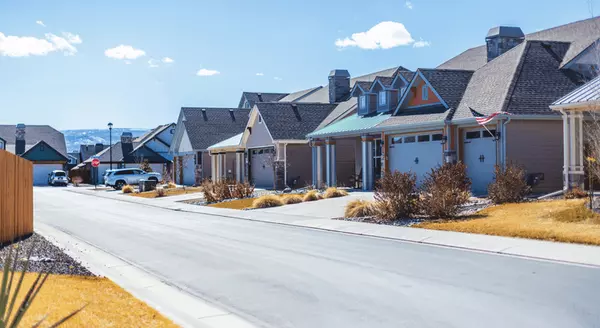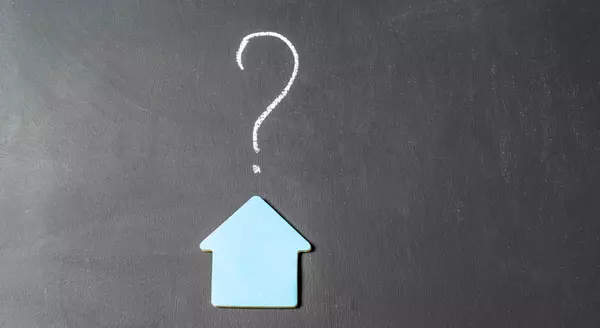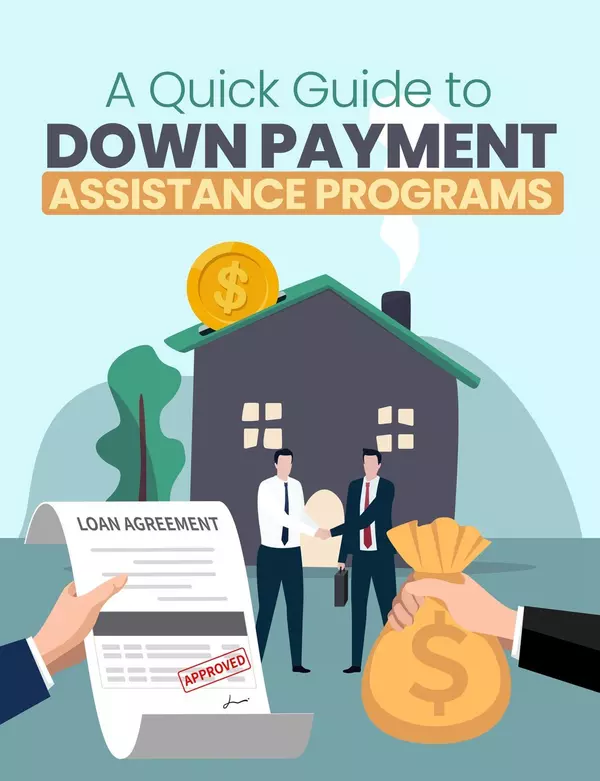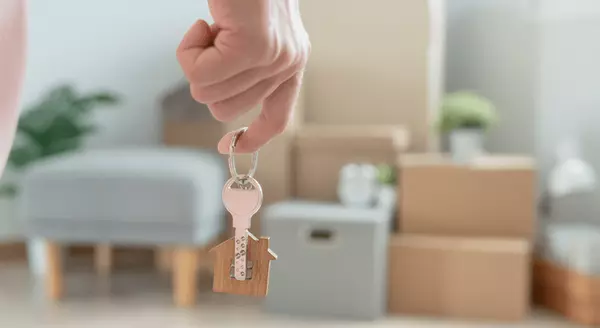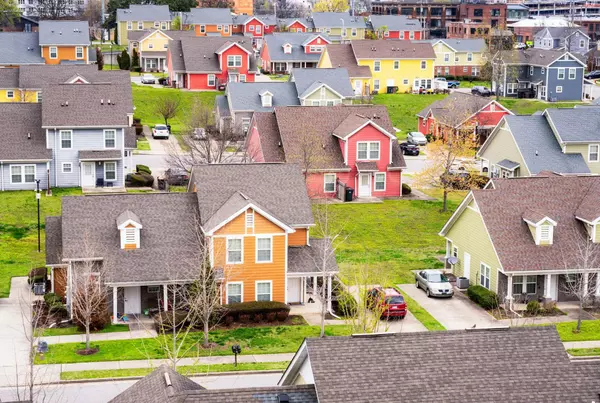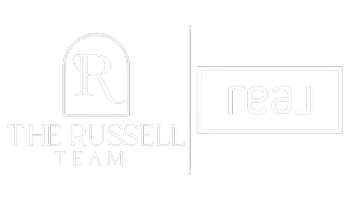
Review of 2 new Splashpads in Kyle, Texas!
☀️Summer is here! It is HOT! The city of Kyle, Texas opened two new splash pads last month so I decided to take my nephew and let him review them! Both are open daily from 9am-8pm and are FREE to the public! The 2024 Season is May 9-Sept 22. 💦The first one we visited is located at 1100 W. Center Street in Kyle. It is right by the Kyle pool. 💦The second one we visited is located at 295 Hallie Drive in Kyle. 🛑 Please note the city has rules that must be followed at each splash pad and there is no lifeguard on duty. Play at your own risk! ✅ Share this post with someone you think might be interested! ✅ Save this post so you have the details at your fingertips! 😎 More summer fun ideas coming next week! Be sure and follow me so you don’t miss it!

What To Love (and Hate) About Corner Lots: Factors to Consider Before Buying
Whether you're house-hunting for your dream home or looking for a lot to build it, you might have come across a corner lot and been contemplating if it’s a good location. What is a corner lot?A corner lot is a plot of land at the intersection of two roads or streets. Typically, the streets run in the front and one side of the lot or property. Corner lots have a range of locations; it could sit in the middle of a neighborhood or at the top of a very busy street. Back in the ‘90s, when developers first started building cookie-cutter McMansions, builders had a challenging time selling corner lot homes. Buyers did not appreciate the additional street exposure, less privacy, and noise, among others. To combat the negative feedback, some developers decided to add a premium to these corner lots of $5,000 to $10,000, which drew attention, and they began to sell. Now, they are more comparable to living on a cul-de-sac in terms of popularity. A corner lot is, typically, always preferred in today's market due to the characteristics and the many benefits these pieces of real estate offer buyers.Here, we’ll explore the pros and cons of corner lot properties to help you make informed decisions before buying or building your next home in this type of unique zoning lot. Most desirable features: Bigger yard spaceOne of the most significant advantages of a corner lot is the increased yard space it offers compared to other regular lots. This provides opportunities for a home to have a different floor plan and yard configuration. For example, you could have a side-entry garage instead of a front-entry garage, which makes for great curb appeal as the front of your home won't be obscured.Also, you have more room to create outdoor areas that can accommodate various activities—whether it’s a pool, play equipment for kids, a bigger garden, or just extra land space for playing sports or hosting gatherings. Plenty of natural lightCorner lots offer more natural light than the others because, in most cases, no other homes are blocking the sunlight on three out of four sides. Especially for south-facing homes, you can enjoy natural light pouring into the home from every angle as the day progresses. It's also ideal for most sun-loving plants. More privacyWith just one neighbor close to your home, you won't feel nearly as exposed whenever you’re spending time in your backyard. If you’re concerned about the people walking down the sidewalks, you can install a privacy fence that will prevent anyone from peering in. Research if there are any restrictions on fencing, especially when it comes to materials and height. More prominentIf you enjoy the limelight and love exploring your creativity when it comes to landscaping and gardening, building a home on a corner lot will give you such freedom since they will feature prominently in the neighborhood. The downsides: A bigger yard means more yard workSince these lots tend to have larger yards, it could mean more work to maintain. Be prepared to do the extra work when it comes to keeping your lawns, landscaping, and cleaning other debris, or save up extra money to hire gardeners and other necessary service providers. More trafficCorner lots see a lot more traffic given their location, bringing more noise, light from headlights shining into the home, and worse, some fairly bad accidents due to drivers running stop signs on the intersecting streets. However, it still depends on the neighborhood where the home is located since you won't likely get much traffic if it’s in a quiet, residential neighborhood. Depending on the layout of the house and the location of the windows, light at night may also interfere with your sleep. Determine if these things are a concern to you and consult with your real estate agent when assessing the home’s location. Higher visibilityWhile you can get a bit more privacy with fewer neighbors surrounding your home, it can have higher visibility due to its corner location. This could pose a higher risk for burglaries since the property is more accessible from two streets. Still, there are ways to mitigate those risks if you're worried. You might consider having additional lighting and installing security cameras in various locations so you can have a bird’s eye view of what’s happening all around and near your property. Bottom line So, is a corner lot right for you? It's still up to you to decide. As with any other unique property location, you must evaluate the pros and cons, decide what features are most important to you, and do your due diligence on the home and neighborhood. Lastly, consult with your trusted real estate agent before making a huge decision. Maybe the right house for you is in a corner, just waiting for you to give it a second glance.

How Your Website Can Boost Your Local Cred

Does A Swimming Pool Boost or Hurt Your Home's Value?
There's nothing more satisfying than lounging around the pool in your own home on a sweltering day, with a cocktail or a book in hand. The kids, meanwhile, are busy practicing their dives or just lolling about on pool floats. Having a pool has always been seen as an upscale bonus. But the naked truth is, some consider it necessary, while others view it as a deal-breaker. If you're a homeowner who’s thinking about adding an in-ground pool and wonders whether it’s a wise investment and if it adds value to your property, continue reading to dive into the details. According to the National Association of REALTORS® Remodeling Impact Report: Outdoor Features for 2023, homeowners who add in-ground pools to their properties can expect to recoup about 56% return on their investment. At most, your home's value might increase by 7% when it comes time to sell, according to HouseLogic. Still, that all depends on a variety of factors. Here are some of those circumstances:If you live in a higher-end neighborhood and most of the homes have pools - In fact, not having a pool might make your home harder to sell.If you live in states with warm climates - In the Sun Belt region, pools are commonplace and can be an attractive feature for potential buyers. Having a pool might be an expectation for your property, and the absence of one can affect your home’s value. But if you live in areas where the climate is generally cold and pools can be used only for a few months, having one is a perk but not a necessity. Buyers may pause and weigh carefully whether it’s worth the hassle.If the pool is well-maintained and nicely designed - The condition and style of the pool are also crucial when it comes to fetching more value. A pool that’s been well-maintained, and has adjacent amenities, such as patios, shade structures, and outdoor furniture that make the surrounding area attractive, can boost your home’s value. If you're selling, ensuring that the landscaping around the pool complements the pool in both style and design can be a huge advantage. On the contrary, a pool that’s been neglected and in need of repair can be an eyesore. If your property is large enough to accommodate a pool - It also won’t add much value if the pool has been shoehorned into a small yard without having enough space for a garden and play area. According to the report, landscape professionals estimated the cost of building an in-ground pool at $90,000. The said price is based on an 18-foot-by-36-foot in-ground pool with gunite (mix of sand, water, and cement) walls; three-foot to seven-foot depth; and a standard filtration system. As per HomeGuide, an inground pool costs $80 to $250 per square foot with installation or $25,000 to $100,000 total, depending on the size and material. Not to mention, custom upgrades or additions, such as lights, a slide or diving board, a heater, and landscaping, will cost extra.Most states also require the installation of safety features, such as fences, enclosures, and covers, to help keep pets and children safe around the water and prevent accidents. Pool fencing alone, for instance, can cost from $5,000 – $15,000. Regardless of the type and design of your swimming pool, it will require sanitation to control bacteria and germs. The water also needs to be balanced for proper pH, alkalinity, and calcium levels. Here are just some of the monthly and yearly costs associated with having a swimming pool that can influence its value.Pool maintenance - Experts say this could cost anywhere from $80 to $150 a month on average, depending on the services. Some of the tasks include cleaning and vacuuming the surface, water testing, adjusting chemicals, opening or closing for the season, and any necessary repairs. If you're in a warm climate and use your pool throughout most of the year, expect to have more upkeep.Filtration - Better to get the most efficient filtration pump possible that uses less energy, although it may cost more upfront. You can further cut energy costs by setting the pump to run at non-peak times when rates for electricity are lower.Heating and electricity costs - If you’re planning to heat your pool, you may choose between gas heaters or electric heat pumps, which cost $2,000 to $5,000. Moreover, electricity costs for running a circulating pool pump costs about $300 per year. Heating a pool can also add $500 to $800 to your annual utility bills.Winterizing - In areas with cold climates, pools need to be winterized every year. This includes lowering water levels, cleaning, clearing the water lines, and installing a cover. A basic homeowners insurance policy typically covers a pool structure without requiring a separate rider. But if you plan to install a pool on your property, consider checking with your insurance agent about how a pool may affect your rates and increase your liability coverage. In addition, if you don't install a pool fence, insurers may exclude your pool from coverage and deny your liability claim if there's an accident in your pool.In some areas, adding a swimming pool may also increase your annual property taxes but might not necessarily add to your home’s selling price. There's no one but you, the homeowner, who can determine the true return on investment of a luxury item such as a swimming pool. It’s up to you to decide if it adds value to your quality of life by making it a place for rest, relaxation, and special life moments.The NAR Remodeling Impact Report showed that adding a pool gave homeowners a “joy score” of 10 on a scale of 1 to 10, indicating that it had a significant impact on a homeowner’s sense of enjoyment and accomplishment after the project was completed. Further, at least 90% of respondents reported having an increased sense of enjoyment when they are at home after the in-ground pool addition. It may be hard to put a price tag on that.At the end of the day, this is your home. If you plan to put down some roots, you have the money to spend, and you’ve taken into consideration the pros and cons of installing a pool, then go ahead, plunge into it, and enjoy the swim.
Categories
Recent Posts
